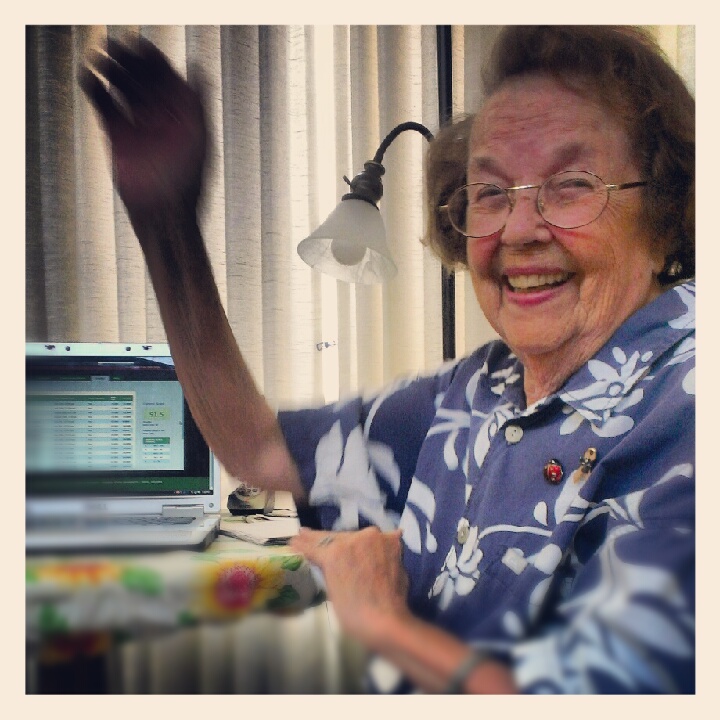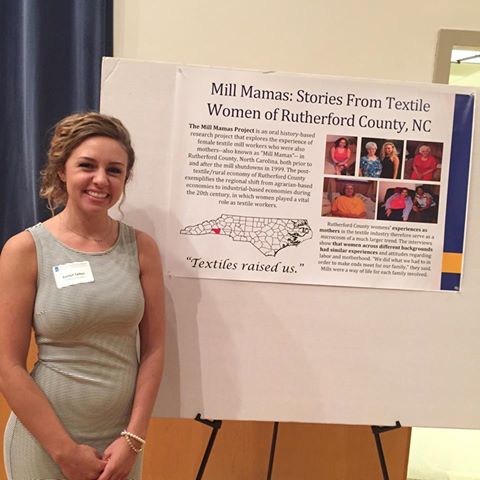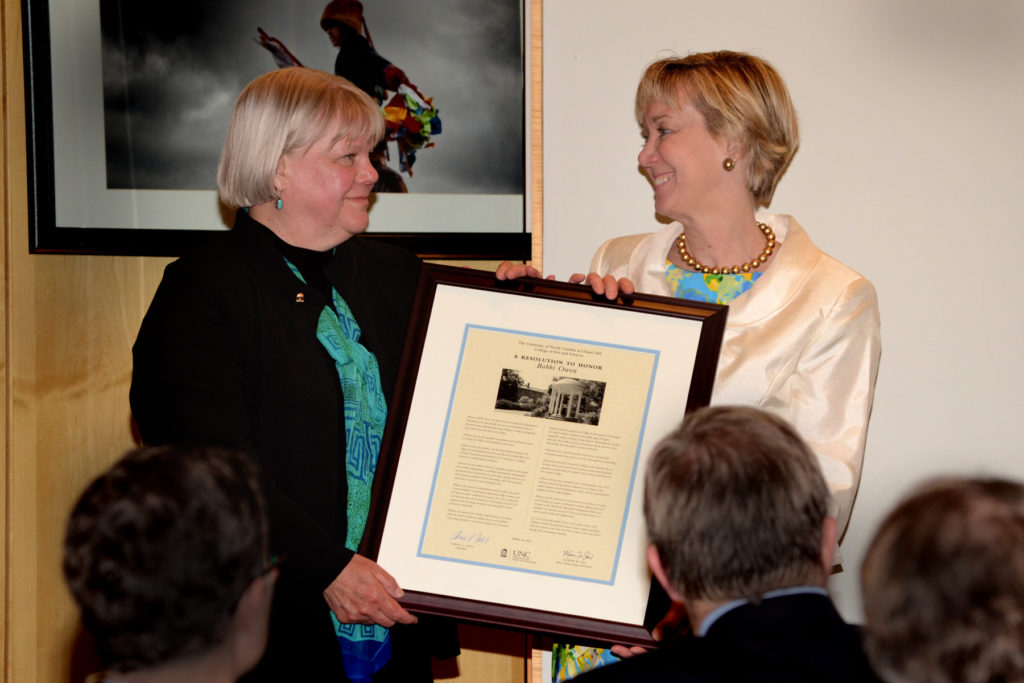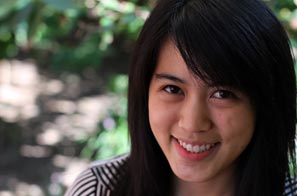
Miguel Rocha Vivas, who received a Ph.D. in 2015 from the department of romance studies, has received Cuba’s prestigious international literature award, Premio Literario Casa de las Américas 2016.
His UNC adviser was professor Emilio del Valle Escalante.
The Premio Literario Casa de las Américas is a literary award given by the Cuban Casa de las Américas. Established in 1959, it is one of Latin America’s oldest and most prestigious literary prizes. The award is presented for works in Spanish, Portuguese, English and French by writers from Latin America and the Caribbean. In addition to the main categories of fiction, poetry and essays, there are categories for narrative and children’s literature.
Rocha Vivas received the prize for his book Mingas de la palabra, textualidades oralitegráficas y visiones de cabeza en las oralituras y literaturas indígenas contemporáneas. (Word´s Mingas, Oralitegraphic Textualities and Upside Down Visions in Contemporary Indigenous Oralitures and Literatures is a text based on his doctoral dissertation.)
His book was chosen for “Being a profound, relevant and original study about contemporary indigenous writings in Colombia, understood within the continental indigenous literary movement. …”.
Rocha Vivas is a Colombian writer, professor, researcher and traveler. Currently he is an associate professor at the Pontificia Universidad Javeriana in Bogotá. He has devoted part of his academic career to study and foster indigenous literatures and creative work throughout the continent.
During his time in Chapel Hill (2012- 2015), he founded the Cineminga (intercultural cinema group) and became an active member of the Abya Yala Working Group, sponsored by the Consortium in Latin American and Caribbean Studies at UNC and Duke University. As a member of this working group he organized numerous events such as the visit of four indigenous writers, two Colombian social scientists and one elder from the camëntsa nation.
At UNC he taught Spanish and also a course on indigenous cinema and contemporary writing at the Institute for the Study of the Americas.




